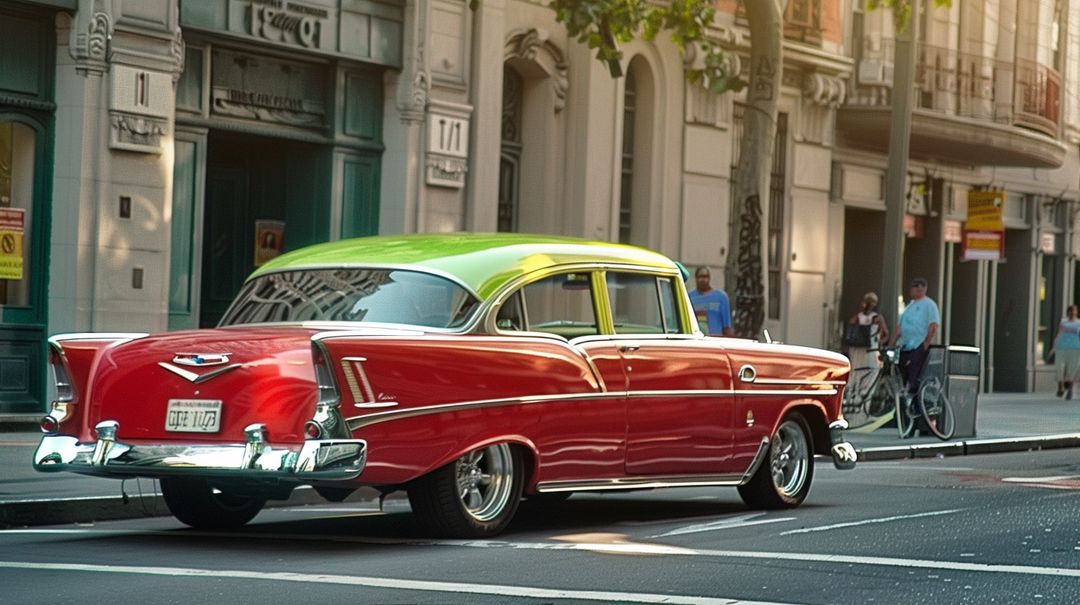As we cruise through the golden years of retirement, the vehicles we choose to drive can say a lot about us. For some seniors, the allure of classic cars with their timeless designs and nostalgic appeal is irresistible. Others prefer the reliability, safety, and comfort of modern vehicles.
But when it comes down to it, which is truly the best choice for seniors in the U.S.?
There's something undeniably special about classic cars. For many seniors, these vehicles are not just modes of transportation; they're rolling memories, reminders of youth's carefree days. The aesthetic appeal of a vintage car, from its sleek lines to its unique color, can turn any ordinary trip into a journey down memory lane.
However, classic cars can also be demanding mistresses. Their maintenance needs are often significantly higher than those of their modern counterparts. Parts may be harder to find, and the knowledge required to keep them running can be extensive.
"Owning a classic car is as much a hobby as it is a means of transportation," explains automotive restoration expert James McAllister. "It's a labor of love."
One of the joys of classic car ownership is the community it builds. Car shows, clubs, and online forums provide opportunities for seniors to connect with like-minded enthusiasts, share stories, and show off their prized possessions. This sense of community can be incredibly fulfilling, offering social connections that are vital in retirement.

On the other side of the garage, modern vehicles offer advancements in reliability, safety, and maintenance that can make them particularly appealing to older drivers. Today's cars are equipped with features designed to protect drivers: from automatic emergency braking to lane-keeping assist and adaptive cruise control.
Moreover, the maintenance of modern vehicles is generally more straightforward, thanks to standardized parts and diagnostic software that can pinpoint problems quickly. "The reliability of a modern vehicle means peace of mind for seniors," notes automotive journalist Lisa Nguyen. "It's about knowing your car will start in the morning and get you where you need to go without hassle."
For George, a 72-year-old retiree in Arizona, the decision to switch from a classic 1965 Mustang to a modern sedan was bittersweet. "I loved my Mustang. It was a beauty, and driving it always made me feel young again," he shares. "But as I got older, the upkeep became overwhelming. My new car doesn't turn heads like the Mustang did, but it's comfortable, safe, and reliable. It fits my life now."
Ultimately, the choice between classic cars and modern models comes down to personal preference and lifestyle.
For those who view driving as a passion and have the time and resources to dedicate to a classic car, the joy and community it brings can be incredibly rewarding.
For others, the reliability, safety, and ease of maintenance of modern vehicles align more closely with their needs in retirement.
The decision isn't just about getting from point A to point B; it's about how you want to journey through your golden years. Whether it's behind the wheel of a vintage beauty that turns heads at every corner or in a modern vehicle equipped with the latest safety features, the best choice is the one that brings you the most joy and peace of mind.
After all, retirement is the perfect time to enjoy the ride, no matter what you're driving.